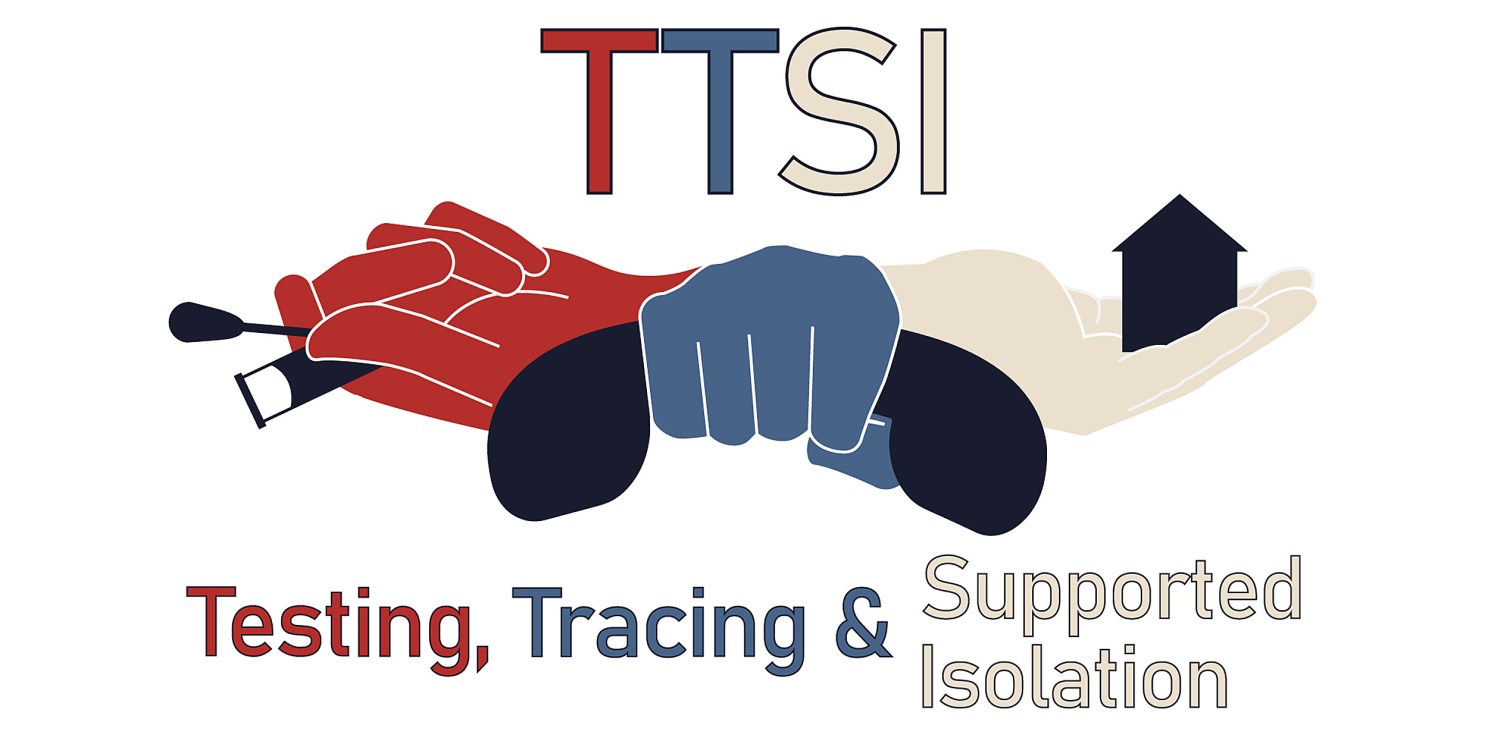This week, a bipartisan group of experts in economics, public health, technology, and ethics from across the country released the nation’s first comprehensive operational roadmap for mobilizing and reopening the U.S. economy in the midst of the COVID-19 crisis.
“Roadmap to Pandemic Resilience,” a report released by Harvard University’s Edmond J. Safra Center for Ethics with support from The Rockefeller Foundation, lays out how a massive scale-up of testing, paired with contact tracing and supported isolation, can rebuild trust in the public’s personal safety and re-mobilize the U.S. economy.
“This is the first plan to show operationally how we can scale up COVID-19 testing sufficiently to safely reopen the economy and keep it open — while safeguarding fundamental American democratic principles of protecting civil rights and liberties,” said Danielle Allen, director of the Center for Ethics. “This Roadmap will move us from can’t-do America, to a new era of can-do America.”
Among the report’s top recommendations is the need to deliver at least 5 million tests per day by early June to help ensure a safe social opening. This number will need to increase to 20 million tests per day by mid-summer to fully re-mobilize the economy and keep it open.
“The unique value of this approach is that it will prevent cycles of opening up and shutting down,” said Anne-Marie Slaughter, CEO of New America. “It allows us to mobilize and progressively re-open the parts of the economy that have been shut down, protect our front-line workers, and contain the virus to levels where it can be effectively managed and treated until we can find a vaccine.”
Allen added: “This Roadmap is the only approach to BOTH contain the virus and ramp back up to vibrant economic life. And, in the long term, it allows us to build an infrastructure of pandemic resilience that will serve us well when the next health crisis or disaster hits, while improving community health.”
The full report and additional in-depth papers are published on pandemictesting.org and https://ethics.harvard.edu/covid-19-response. Additional key findings include:
Share this article
- The level of testing and supported isolation needed depends on how effectively contacts can be traced; warn those contacts about their exposure and need for a test; then test them; and support isolation for those who are COVID-positive.
- To succeed, isolation must be supported with job protection, resource support — including care packages, grocery and food deliveries — and necessary health care services.
- Testing and public health response — in programs established by states and administered by local health authorities — can and should be fully aligned with civil liberties, due process, data and health privacy protections, health ethics and non-discrimination.





